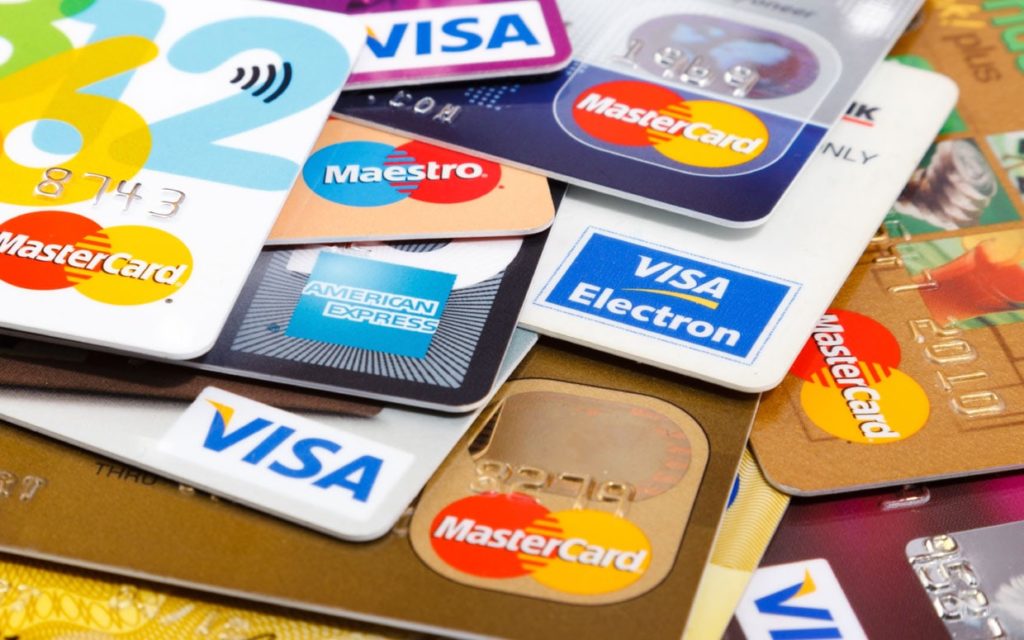When it comes to air travel, consumers are benefitting from the clampdown on excessive credit card surcharging, but the surrounding skies still remain a little cloudy.
The ruling, which came into effect in September, limits the surcharges applied by travel retailers to the actual cost of processing the payment. That is usually in the order of around 1.3% for credit cards and 0.6% for debit cards.
Before the clampdown on excessive surcharges came in, some airlines were marking up the fee by as much as 1345%. The ban aims to make such mark-ups a thing of the past.
However, not everyone is playing by the new rules, according to consumer watchdog Choice.
“The ban is now in effect, but some airlines operating in Australia don’t have to observe it,” a spokesperson said.
“A loophole in the Reserve Bank of Australia (RBA) regulations allows foreign merchants to keep surcharging Australians as long as they’re not running the transactions through an Australian bank.”
Choice highlighted three airlines that are “charging customers well beyond the surcharge cap” – AirAsia X, Scoot Airlines and Cebu Pacific. All three charge a fee of $10 per person per flight, well above the actual card fee, which is described as a “processing” or “web admin” fee rather than as a surcharge.
Although technically legal, the watchdog urged the airlines to reconsider the fees, calling it “pretty poor form”.
“These airlines should do the right thing and drop the excessive surcharges when operating in Australia – or anywhere else for that matter,” it said.
But Scoot dismissed the comments, insisting it was not bound by the new ruling.
“We wish to clarify that credit card payment surcharges imposed by Scoot are currently not regulated by the Reserve Bank of Australia (RBA) standard or regulations made under the Act, as Scoot does not use an Australian acquirer bank for credit card transactions,” it said.
AirAsia also rejected the calls, although stressing it was aware of the surcharging standard.
“However, all of AirAsia’s credit card transactions are processed by banks based outside of Australia and these transactions are not subject to the RBA’s surcharging standard,” the carrier said in a statement.
“As a company operating in Australia, AirAsia takes compliance with Australian Consumer Law seriously and when customers visit our website and select a flight, they will see our explanation of applicable processing fees, and the amount is clearly displayed before a purchase is made.”
However, Australian travel agencies will be subject to the new surcharge rules which are being introduced in a “staged approach” based on business size. As 95% of Australian Federation of Travel Agent (AFTA) members are classified as small businesses, the new standards will only be enforceable for them from September 1 2017.
Meanwhile, AFTA has advised all agents to “discuss their specific circumstances with their acquiring bank or institution”.


